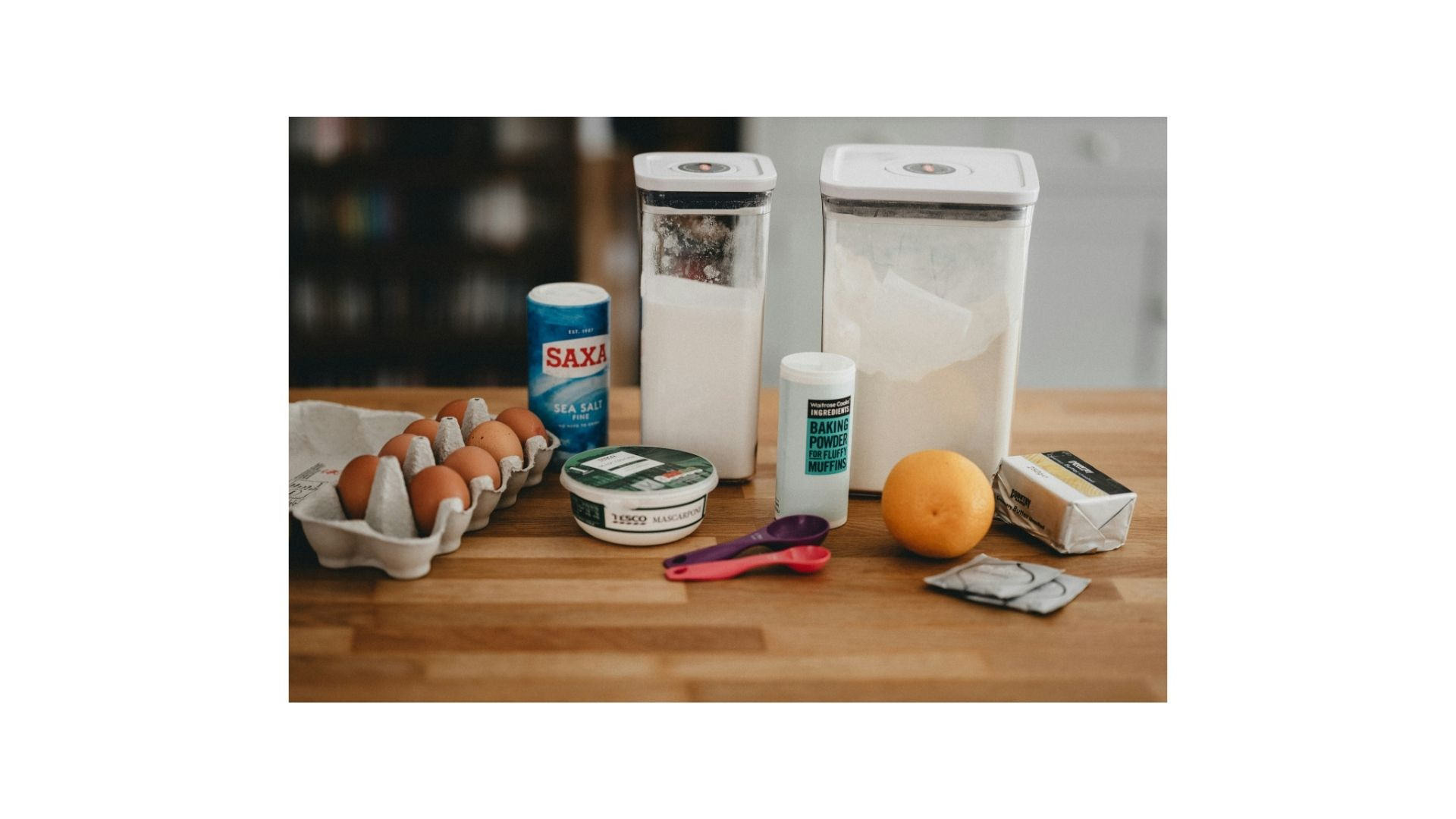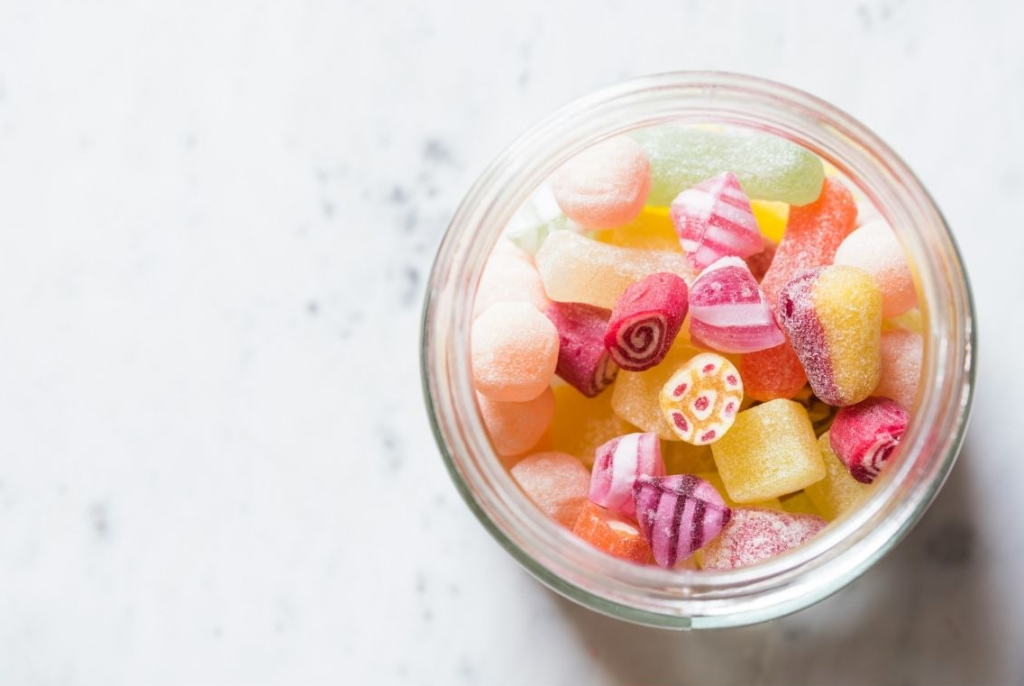In today’s fast-paced world, it’s easy to reach for sugary snacks and drinks to get a quick energy boost. However, high sugar intake can have serious consequences for your health. In this blog post, we’ll explore the top five dangers of consuming too much sugar and provide tips on how to reduce your sugar intake. Let’s dive in!
Internal link: https://visa.javanet247.com/
1. Weight Gain and Obesity

One of the most well-known dangers of high sugar intake is weight gain and obesity. Sugary foods and beverages are often high in calories but low in essential nutrients. When you consume more calories than your body needs, the excess is stored as fat, leading to weight gain. Over time, this can contribute to obesity, which is a risk factor for many chronic diseases, including heart disease and type 2 diabetes1.
Tip: To reduce your sugar intake, try to limit sugary drinks like soda and fruit juices. Opt for water, unsweetened tea, or sparkling water with a splash of lemon instead.
2. Increased Risk of Heart Disease
High sugar intake has been linked to an increased risk of heart disease. Consuming too much sugar can lead to high blood pressure, inflammation, and high levels of triglycerides, all of which are risk factors for heart disease2. Additionally, sugary diets can contribute to the development of atherosclerosis, a condition where fatty deposits build up in the arteries, increasing the risk of heart attacks and strokes3.
Tip: Read food labels carefully and choose products with little or no added sugars. Cooking at home allows you to control the amount of sugar in your meals.
3. Type 2 Diabetes
Excessive sugar consumption can lead to insulin resistance, a condition where the body’s cells become less responsive to insulin. This can eventually result in type 2 diabetes4. High sugar intake can cause spikes in blood sugar levels, putting extra strain on the pancreas to produce more insulin. Over time, this can lead to the development of diabetes, a chronic condition that requires lifelong management.
Tip: Incorporate more whole foods like fruits, vegetables, whole grains, and lean proteins into your diet. These foods have a lower glycemic index and can help stabilize blood sugar levels.
4. Tooth Decay

Sugar is a major culprit in the development of tooth decay. When you consume sugary foods and drinks, the bacteria in your mouth feed on the sugar and produce acids that erode tooth enamel5. This can lead to cavities and other dental problems. Frequent consumption of sugary snacks and beverages increases the risk of tooth decay, especially if you don’t practice good oral hygiene.
Tip: Brush your teeth at least twice a day and floss regularly. Limit sugary snacks and drinks, and consider using a fluoride mouthwash to help protect your teeth.
5. Increased Risk of Certain Cancers
Emerging research suggests that high sugar intake may be linked to an increased risk of certain types of cancer6. While the exact mechanisms are still being studied, it’s believed that high sugar consumption can lead to obesity, inflammation, and insulin resistance, all of which are risk factors for cancer. Additionally, some studies have found that cancer cells may thrive on sugar, further highlighting the potential dangers of excessive sugar intake.
Tip: Focus on a balanced diet rich in fruits, vegetables, and whole grains. These foods provide essential nutrients and antioxidants that can help protect against cancer.
How to Reduce Your Sugar Intake
Reducing your sugar intake doesn’t mean you have to give up all your favorite treats. Here are some practical tips to help you cut back on sugar without feeling deprived:
- Read Labels: Check food labels for added sugars, which can be listed under various names like sucrose, high fructose corn syrup, and agave nectar.
- Choose Whole Foods: Opt for whole, unprocessed foods whenever possible. Fresh fruits, vegetables, lean proteins, and whole grains are naturally low in added sugars.
- Cook at Home: Preparing meals at home allows you to control the ingredients and reduce the amount of added sugar in your diet.
- Limit Sugary Drinks: Replace sugary beverages with water, unsweetened tea, or sparkling water. If you crave something sweet, try infusing your water with fresh fruit.
- Be Mindful of Snacks: Choose healthier snacks like nuts, seeds, yogurt, or fresh fruit instead of sugary snacks like cookies and candy.
External link: https://justicenow.pamshion.net/raising-rabbits-in-glass-bottles.html
Conclusion
High sugar intake can have serious consequences for your health, including weight gain, heart disease, type 2 diabetes, tooth decay, and an increased risk of certain cancers. By being mindful of your sugar consumption and making healthier choices, you can reduce your risk of these health issues and improve your overall well-being. Remember, it’s all about balance and making informed choices. Here’s to a healthier, happier you!

